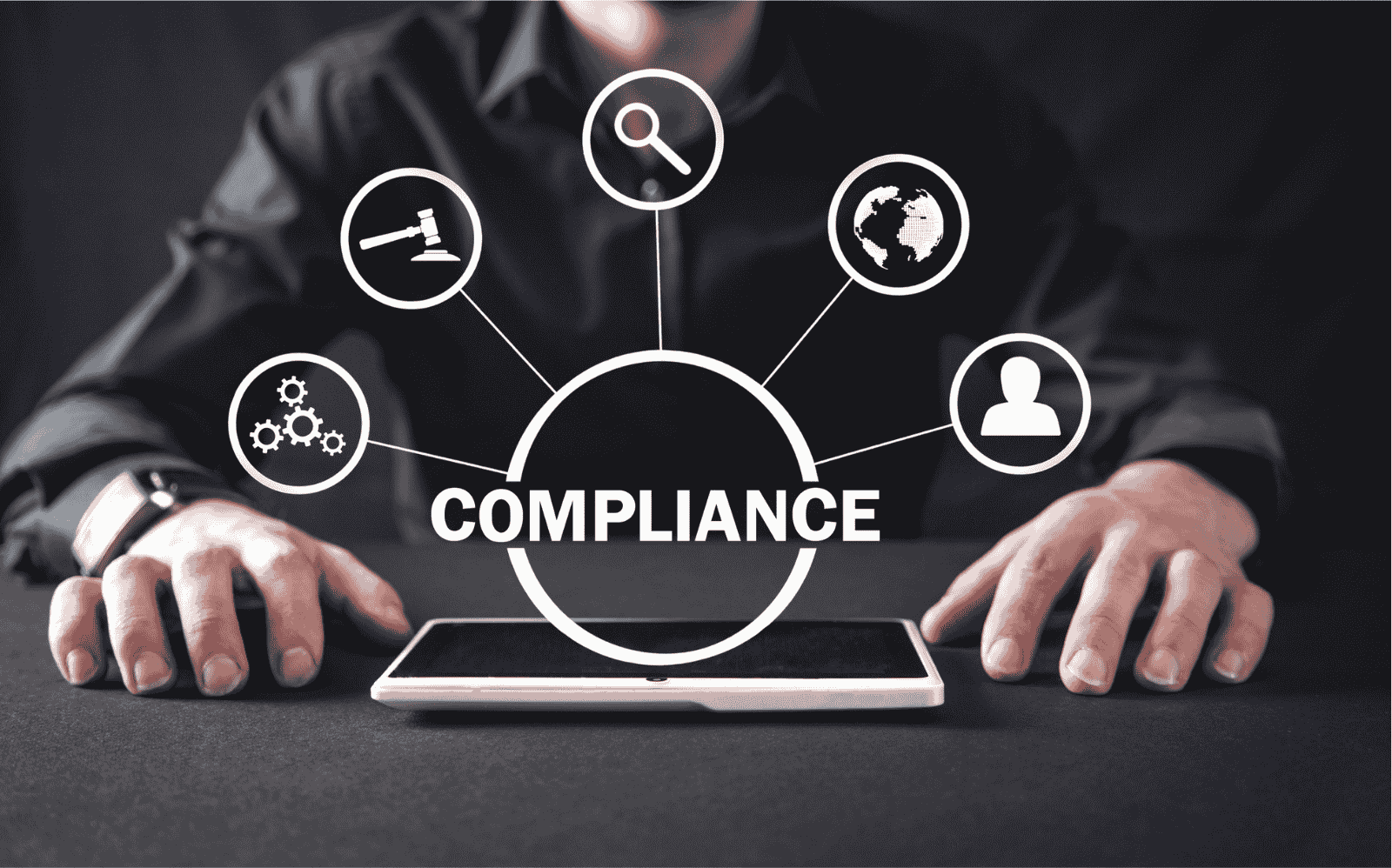
Data Protection in the UAE: Strengthening Trust Through Compliance
Data has become one of the most valuable business assets, but with value comes responsibility. The UAE’s Personal Data Protection Law (PDPL) establishes clear expectations for how organizations collect, use, and protect personal information.
Why Data Protection Matters
Customers expect transparency and control over how their data is handled. Companies that safeguard privacy build stronger relationships and competitive advantage. Data protection is now a core part of corporate governance, not just an IT function.
Key Provisions of the PDPL
- Lawful, fair, and transparent processing of personal data.
- Clear consent from individuals before collecting or sharing data.
- Defined retention periods and deletion procedures.
- Appointment of a Data Protection Officer in certain cases.
- Mandatory breach notifications and accountability measures.
How Businesses Can Prepare
Organizations should start by mapping their data, updating privacy policies, and training employees on handling personal information. Implementing secure systems and clear processes ensures both compliance and customer trust.
The Role of Technology and Governance
Strong governance frameworks combined with secure technology are essential. Encryption, access controls, and monitoring tools help maintain compliance while minimizing risk.
How MCA Gulf Can Help
At MCA Gulf, we guide companies in implementing data protection frameworks aligned with the UAE’s PDPL and international standards. Our team provides gap assessments, policy development, and compliance monitoring solutions.
For more information, download MCA Gulf’s full guide on Data Protection below.






